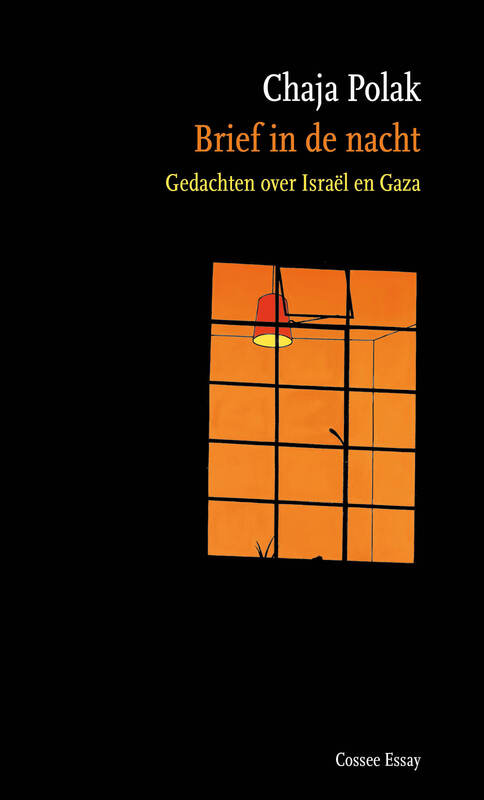
In times of political earthquakes and war very little space is left for nuance. Reasoning quickly turns black or white, also because people want to avoid the yes-but-pitfall.
In the complex conflict between Israel and Gaza with its long history, we have the countless stories of friend and foe, Chaja Polak writes. Stories that should be read with empathy and understanding. Sadness exists on both sides of the border. Victims and perpetrators likewise exist on both sides of the border. Polak recognizes the pain and desperation of all parties and looks for nuance. Especially, when she sees that her own family in Israel is barely able to do so anymore. A necessary addition to a hardened debate!
Letter in the Night is in its fifth print-run and has been one of Cossee’s bestselling essays since its publication.
“Very strong, well balanced and passionate.” - Michael Ignatieff, professor and writer
“Beautiful and clear in language. So honest too, almost painfully so. Chaja Polak looks behind the walls of hate and ignorance and doesn’t shy away from self-examination. I am thoroughly impressed.” – Adriaan van Dis, writer
“Impressive and equipped with a lot of knowledge and arguments. In an intense and moving way, Chaja Polak mirrors her own war experiences with the current experiences of inhabitants of Israel and Gaza. Experiences that will, by necessity, stay with them throughout their lives. War offers no solution; heartfelt dialogue, however difficult, hopefully does.” – Job Cohen, former mayor of Amsterdam, politician
“An essay that has touched me profoundly. It touches on everything that I am constantly thinking about.” – Bertien Minco, director of Westerbork Memorial
“Marvellous and clear and true.” – Anneke Brassinga, poet
“Finished immediately with pent-up sadness.” – Hans Croiset, actor and writer
“Breathless, moved, with great admiration for the beautiful language and style have I read this essay. May it find its way to the many people who sit waiting for a nuanced, thoughtful perspective, and also to those entrenched in one camp or the other.” – Marja Vuijsje, writer
“Chaja Polak jotted down all her "thoughts on Israel and Gaza": confusion and conflicting opinions, information, anger, history, emotion, powerlessness, decisions and non-decisions. How well that works can be read in Letter in the Night.” – Carel Peeters in Vrij Nederland
“Generous and emotional.” – Alexander Rinnooy Kan, Politician
“When you finish Letter in the Night, you realise that the Israeli-Palestinian conflict can only be resolved if reasonable voices from both camps engage with each other and show understanding for each other's suffering. Everyone should read this just to realise that.” – Michel Krielaars in NRC